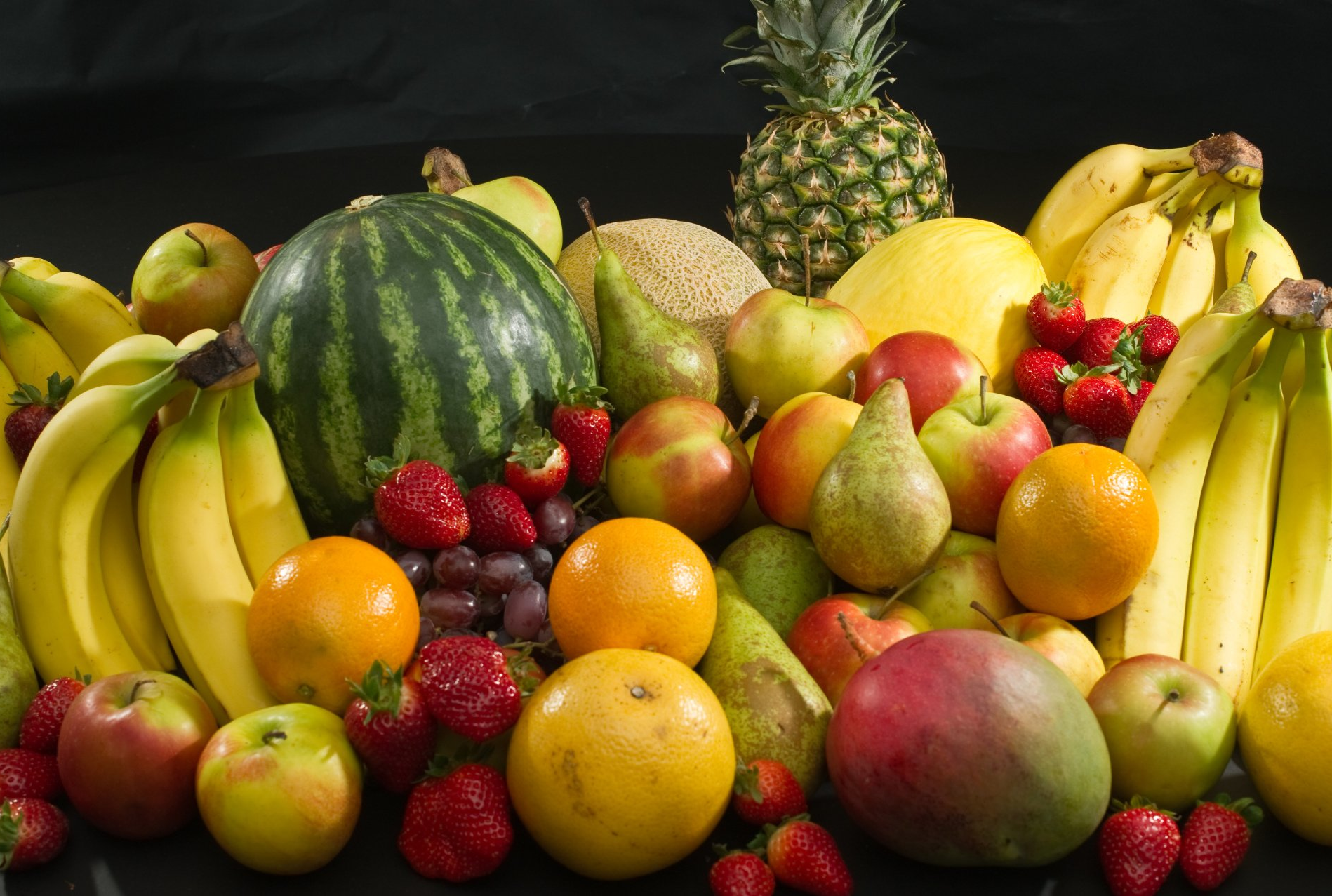Shared Culture of Oneness- Here, There and Elsewhere: What of Shared Culture?
- By kwende ukaidi
- •
- 03 Nov, 2024
- •
Celebrating the Magnificent Harvest of All-Year-Round Ascension

There is a rich array of dynamic and empowering cultural variance amongst Afrikan souls at the aesthetic and cultural expression level. This enriching tapestry of artful and inspiring output can be of immense inspiration and value to Afrikan life. Cultural expressions can resonate deeply with the Afrikan soul and allow for outward exchange and discourse between Afrikan souls at this level in service of their upright ascension. Yet, the deeper one gets to the core of Afrikan life, there is a natural rootedness in the oneness this primary people of creation share with each other. This is reflected in the self-determined cultural substance that this people have established for themselves. In the contemporary era, exceptional efforts have been made by Afrikan souls both within and outside the Afrikan continent to highlight shared oneness of cultural substance. Of course, the exemplary values of the Nguzo Saba and its cultural observance period and associated practice is an outstanding example of creative cultural restoration in this regard that can be embraced in shared oneness by Afrikan souls here, there or elsewhere.
According to a mainstream source the term shared culture attracts the following detail:
“Shared culture refers to the collective beliefs, values, customs, and practices that are common among a group of people. It plays a crucial role in shaping identity and social cohesion within communities and can be influenced by globalisation, technology, and migration”.
Elements of this sourced detail can be related specifically to the Afrikan experience and together with some level of expansion and adaptation a resultant description of focus may look something like the following:
“Shared Afrikan culture refers to the collective beliefs, values, customs and practices that are core and common amongst Afrikan souls whether located here, there or elsewhere that have been creatively restored in the contemporary era by Afrikan souls themselves. It plays a crucial role in fully realising Afrikan identity and social cohesion across political boundaries and continents. Vehicles such as globalisation, a body of various technologies and imposed migrations devised, pushed and peddled by others can be vices set to deny or destroy Afrikan shared culture. Thus, the safeguarding of shared Afrikan culture is a key self-determined endeavour”.
Despite the challenges involved in a state of interruption and disruption, where others that mean the Afrikan ill may become bent on seeing the denial or destruction of shared culture amongst Afrikan souls, it is for the Afrikan to both embrace and secure their own cultured living. Void of shared cultured living the door of dire vulnerability for Afrikan souls to be disastrously fragmented and pitted against each other will not only be open but be a cavernous invitation to doom and destruction. Afrikans totally consumed by ills may even become the self-destructive pawns in so-called ‘diaspora wars’ or ‘continental wars’ amongst themselves by proxy of others that mean them ill.
It is always a useful reminder that Afrikan culture means Afrikan civilisation and Afrikan civilisation means Afrikan culture. Explicitly qualified, shared Afrikan culture means shared Afrikan civilisation and shared Afrikan civilisation mean shared Afrikan culture. Surely Afrikans have a duty and responsibility to themselves to bring forth their optimality and fullest flourishing whether here, there or elsewhere and in natural rooted connectedness with each other in service of their ascension of rightful order. After all, the phenomenon of shared culture – or rather shared civilisation – is not of happenstance.
Kwanzaa is one of the essential cultural observances of life within the Universal Royal Afrikan Nation. The Universal Royal Afrikan Nation (URAN) is an Afrikan-centred spiritual and cultural mission for ascendancy that embodies living spiritually and culturally rooted life. To find out more about URAN and its spiritual-cultural mission for liberty and nationhood click here. The exquisite URAN pendant can be obtained online by clicking here.
In his capacity as an Afrikan-centred spiritual cultural practitioner this author is available for further learning in this regard and also for the carrying out of ceremonies such as naming and name reclamation. For details please click here.
Afrikan World Studies programmes are an important forms of study in understanding the Afrikan experience. There are a range of subjects covered on these programmes including History, Creative Production, Psychology and Religion. To find out more about these learning programmes please click here. For the video promo for these learning programmes click here.
Also, in the approach to the important cultural observance of Kwanzaa, the text: From Pert-En-Min to Kwanzaa - A Kuumba (Creative) Restoration of Sacred First Fruits by this author is available to purchase online here. This publication provides informative detail on the of the Kwanzaa celebration. You can also visit the institution of Yemanja -O to pick up a copy.
At nominal cost, also consider acquisition of an a4 laminate poster of articulations by this author when visiting the Yemanja-O establishment to enrol, consult, learn, gather or otherwise.
